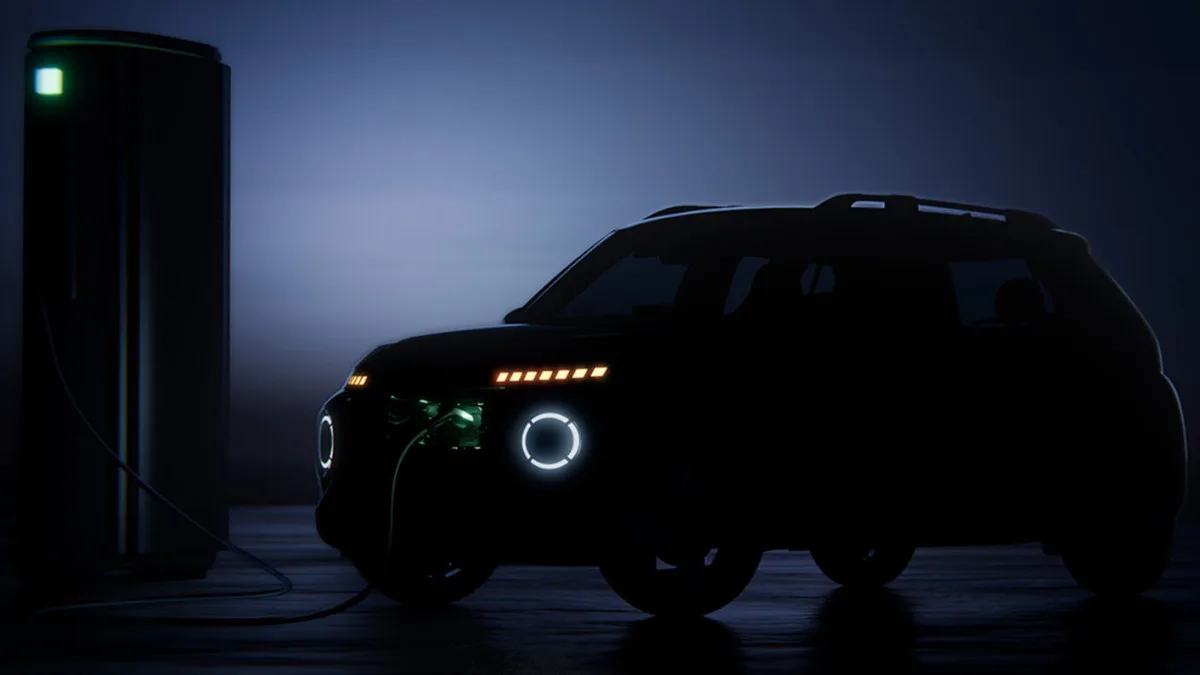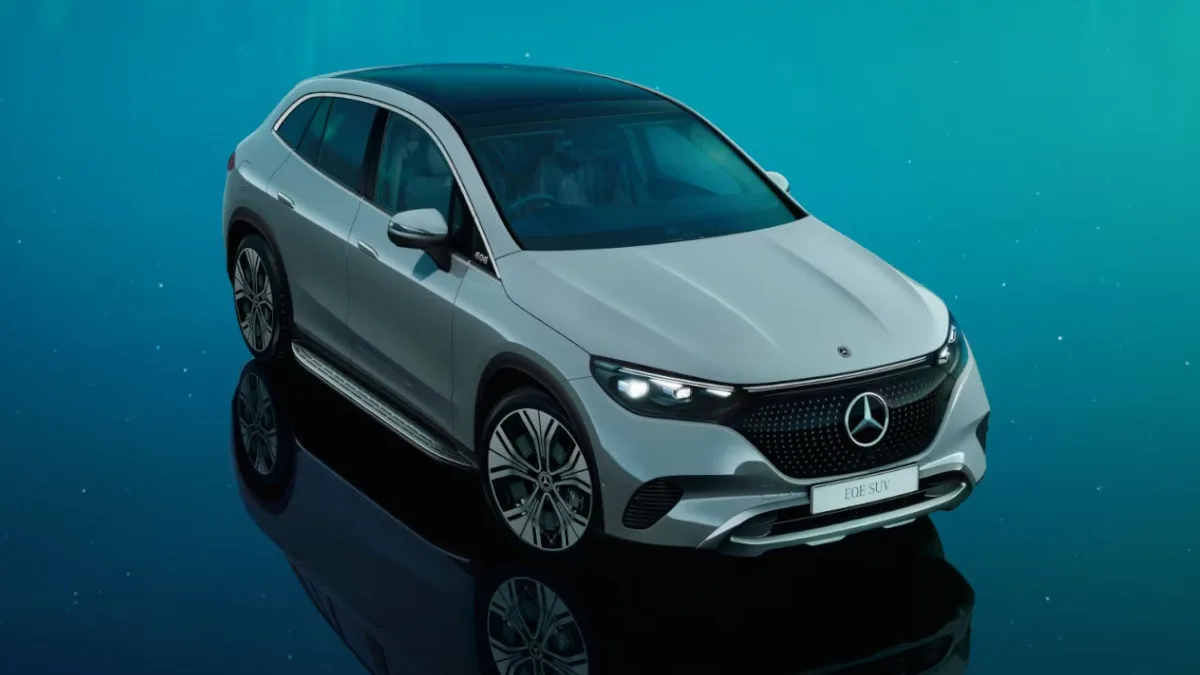
China’s dynamic electric vehicle (EV) industry is making bold strides into the heart of Europe, with BYD, the renowned Chinese carmaker, set to announce the establishment of a groundbreaking electric vehicle factory in Hungary. This move, poised to reshape the European EV landscape, represents BYD’s strategic push to dominate the market by the end of the decade. In this article, we delve into the intricate details of BYD’s plans, the significance of this venture, and its potential impact on Hungary’s economy.
Unprecedented Move: First Major Consumer EV Production Facility in Europe
The forthcoming factory marks a historic milestone for BYD as it positions itself to become the first major Chinese carmaker to establish a consumer EV production facility in Europe. This strategic maneuver not only solidifies BYD’s commitment to the global electric automotive transition but also signifies a pivotal moment in the evolution of the European EV industry.
BYD’s Vision: Accelerating New Energy Vehicles in the European Market
BYD’s mission with the new Hungarian plant is clear: to expedite the entry of new energy passenger vehicles into the European market. The company envisions not just a factory but a catalyst for change, aiming to further deepen its global footprint and actively contribute to the green transformation of the global energy structure. This ambitious undertaking aligns with the growing demand for sustainable transportation options, setting the stage for BYD to become a key player in Europe’s electric vehicle market.
Economic Implications: Job Creation and Investment
The magnitude of this venture is underscored by its potential to create thousands of jobs in Hungary. According to Foreign Minister Szijjarto, this project is poised to be one of the largest investments in Hungarian economic history. The government’s commitment to providing financial incentives to BYD emphasizes the strategic importance of this collaboration, not just for the automotive industry but for the overall economic landscape of Hungary.
Strengthening Hungary’s Global Position in Electric Automotive Transition
Beyond the economic impact, the construction of BYD’s factory is expected to fortify Hungary’s standing in the global electric automotive transition. Minister Szijjarto asserts that this move will not only strengthen the Hungarian economy but also lay the foundations for long-term economic growth. As countries worldwide embrace electric mobility, Hungary is positioning itself as a key player in the transformative shift towards sustainable transportation.
BYD’s Global Dominance: A Glimpse into the Numbers
BYD’s claim as “the world’s leading manufacturer of new energy vehicles and power batteries” is substantiated by its remarkable achievement of surpassing the 5 million milestone in electric vehicle production earlier this year. In 2022, the company secured a global market share of approximately 18% of all electric or hybrid vehicles sold, according to data from the EV Volumes database. This places BYD ahead of the renowned US giant Tesla, which commanded a 13% market share.
Navigating Challenges: BYD’s Market Presence and Foreign Sales
Despite its global success, BYD remains largely dependent on its domestic market, with foreign sales accounting for only around 10% of its total. In contrast, Tesla, though trailing in market share, continues to sell more all-electric vehicles with no hybrid component. This dynamic presents both opportunities and challenges for BYD as it strives to expand its presence beyond China and solidify its foothold in the competitive European market.
EU Scrutiny: Challenges and Opportunities
China’s foray into the European electric car sector has not gone unnoticed, with the European Union announcing an investigation into Beijing subsidies benefiting Chinese firms for decades. The EU argues that these subsidies pose a risk of unfair competition. However, Hungary’s unique position, offering Asian businesses lucrative tax breaks, infrastructure, and job creation subsidies as part of its “look East” policy, further complicates the narrative.
Discover more from Wheels Craze - Automotive News, EV News, Car News, Bike News
Subscribe to get the latest posts to your email.



